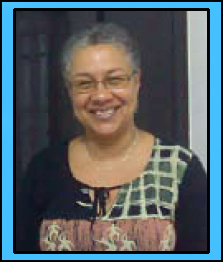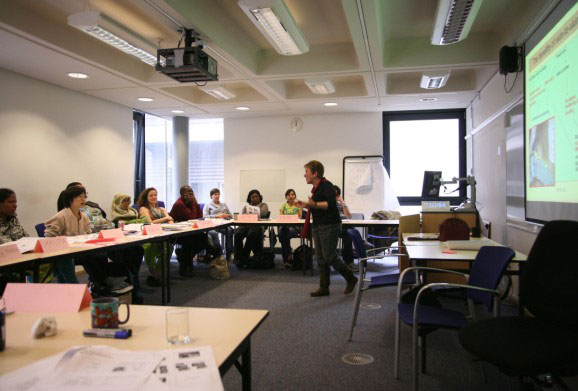
The World Alliance for Breastfeeding Action (WABA) is a global network of individuals
& organisations concerned with the protection, promotion & support of breastfeeding worldwide.
WABA action is based on the Innocenti Declaration, the Ten Links for Nurturing the Future and the
Global Strategy for Infant & Young Child Feeding. WABA is in consultative status with UNICEF & an NGO
in Special Consultative Status with the Economic and Social Council of the United Nations (ECOSOC).
& organisations concerned with the protection, promotion & support of breastfeeding worldwide.
WABA action is based on the Innocenti Declaration, the Ten Links for Nurturing the Future and the
Global Strategy for Infant & Young Child Feeding. WABA is in consultative status with UNICEF & an NGO
in Special Consultative Status with the Economic and Social Council of the United Nations (ECOSOC).
|
|
||

|
||
Research |
||
|

World Alliance for Breastfeeding Action
PO Box 1200, 10850 Penang, Malaysia | Tel: 604-6584816 | Fax: 604-6572655 | E-mail: waba@waba.org.my | http://www.waba.org.my
 Amal Omer-Salim also serves as a Senior Technical Advisor to WABA. Amal is a nutritionist by profession and is based at the Dept of Women’s and Children’s Health at Uppsala University, Sweden.
Amal Omer-Salim also serves as a Senior Technical Advisor to WABA. Amal is a nutritionist by profession and is based at the Dept of Women’s and Children’s Health at Uppsala University, Sweden.
 Dr.Khalid Iqbal is the Co-coordinator WABA’s Research Task Force. He is basically a clinician, currently working as a Neonatologist in Neonatal Intensive Care Unit, Dubai hospital Dubai United Arab Emirates.
Dr.Khalid Iqbal is the Co-coordinator WABA’s Research Task Force. He is basically a clinician, currently working as a Neonatologist in Neonatal Intensive Care Unit, Dubai hospital Dubai United Arab Emirates.


 Infant Feeding: Practice & Policy Course
Infant Feeding: Practice & Policy Course